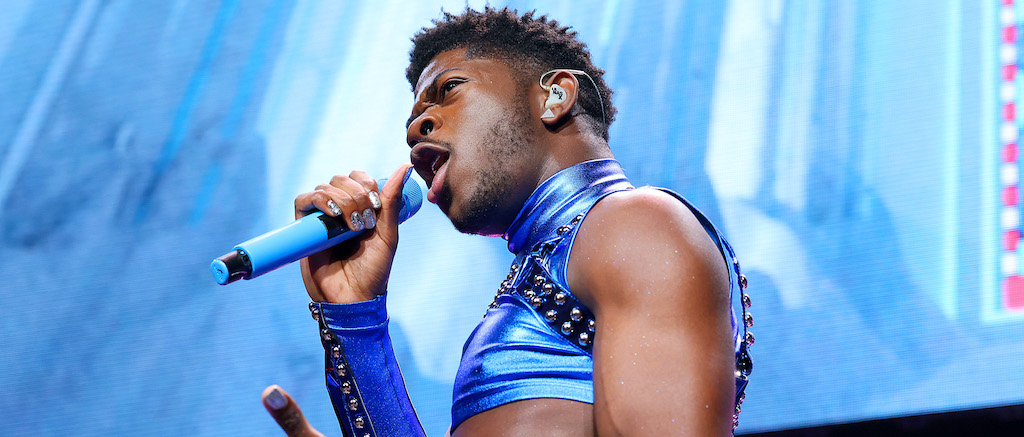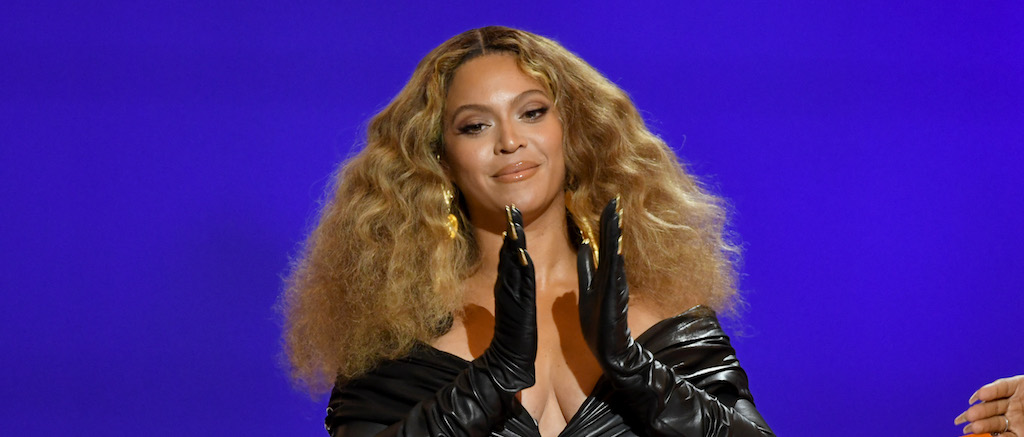
A lot of digital ink has been spilled over pop music stans and their often aggressive method of demonstrating their fealty to the stars they love so much, but perhaps no group is as feared as the BeyHive, the swarming, stinging online army dedicated to Beyonce. And with her new album Renaissance out and taking new creative risks, they’ve been busier than ever this week, even lashing out at Beyonce’s esteemed peers and forebears such as “Diane Warren, who had the unfortunate temerity to question the number of songwriters on the album.
“How can there be 24 writers on a song?” she wondered on Twitter. Although the R&B icon insisted she intended no shade, Beyonce’s self-appointed defense force wasn’t taking any chances. It probably doesn’t help that she added a rolling eyes emoji, which is, as any longtime denizen of the world wide web can tell you, a universal symbol for shade.
How can there be 24 writers on a song?
— Diane Warren (@Diane_Warren) August 1, 2022
This isn’t meant as shade, I’m just curious
— Diane Warren (@Diane_Warren) August 1, 2022
Either way, Ms. Diane became the recipient of plenty of shade herself as Beyonce fans chimed in either offering “helpful” primers on the nature of sample credits or just outright bullying the 65-year-old singer, telling her to stay in her lane. While some fans did join the fracas to note Warren’s many lasting contributions to the musical canon as a songwriter, the damage was already done. Perhaps we’ll just chalk this one up to a generational conflict with truly unfortunate timing. See the fans’ reactions below.
— Raquel Willis (@RaquelWillis_) August 1, 2022
How you’ve been in the game for 80 years and don’t know how samples work?pic.twitter.com/kC7M54Oxpx
— Dylan | RENAISSANCE 🅴 (@dylanbehavior) August 1, 2022
Same way you have 13 nominations and no wins. pic.twitter.com/0PZj2T2U6f
— Taylorbold. ¹³ •᷄ɞ•᷅ (@TaylorBold) August 1, 2022
musicians who say this shit crack me up because there’s smth so telling about ppl in music who criticize fellow artists for being willing to….collaborate? like that’s hilarious. Also crediting can be complicated. I don’t even make albums and i know this so why don’t you?
https://t.co/oqXmTiGzeT
— mo⁷
(@namgi_fm) August 1, 2022
Maybe if you credited everyone involved in the creative process like she did, you wouldn’t be facing a 20 million dollar lawsuit for plagiarism and would have at least one award to your 13 nominations. No shade, though. https://t.co/6OoFCtZsOr
— Tom Cruise’s Shoe Lifts (@haltercroptop) August 1, 2022
I understand that you notoriously work solo. But you obviously know about the business of sampling & the creative process of collaboration. Sounds like you’re just mad that Black acts no longer need to throw one of your MOR ballads on their albums to go pop.
https://t.co/cTe6Qs16f0
— Craig Seymour, Black gay music critic (@craigspoplife) August 1, 2022
leave @Diane_Warren be. she wrote these songs and many many more! for the record
co-writing & sampling is art, too & it should be ok to inquire/comment on the differences in the creative process.
it’s all ARTpic.twitter.com/fU9wfztXRw
— jenny lewis (@jennylewis) August 1, 2022
Diane Warren been writing songs by herself for decades she’s confused as hell seeing all these credits in this day and age.
— Ahmed/Put me on NFT’s
(@big_business_) August 1, 2022



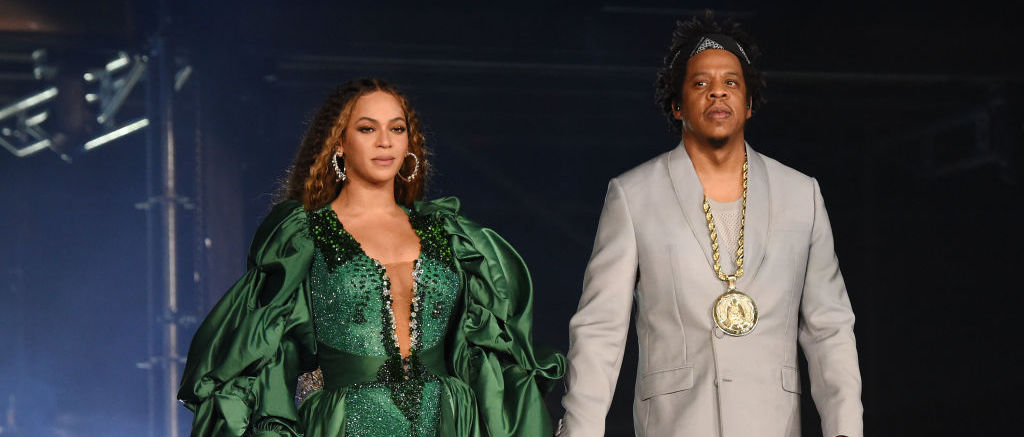


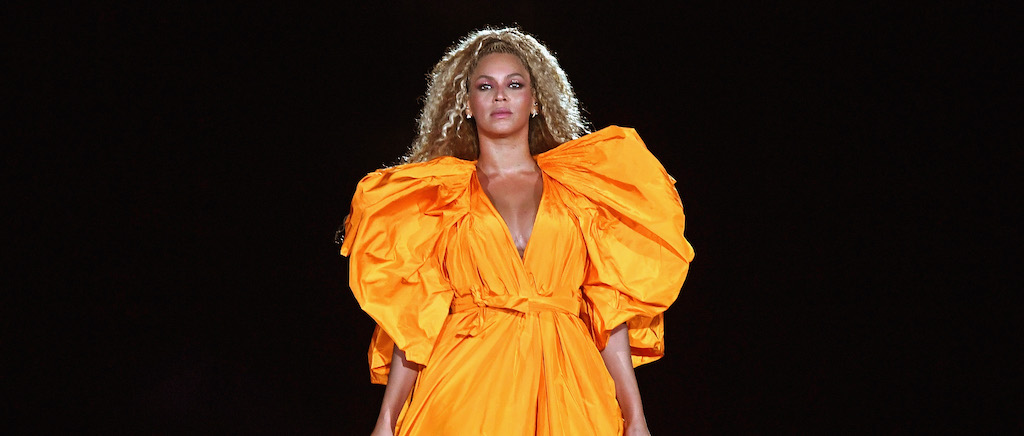

 Too Classy To Be Touched
Too Classy To Be Touched 
 (@Onthesixxxx)
(@Onthesixxxx) 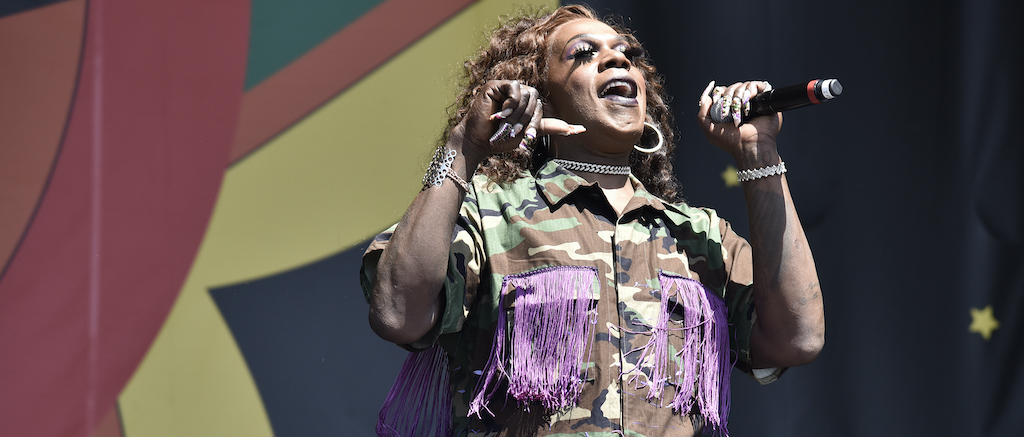

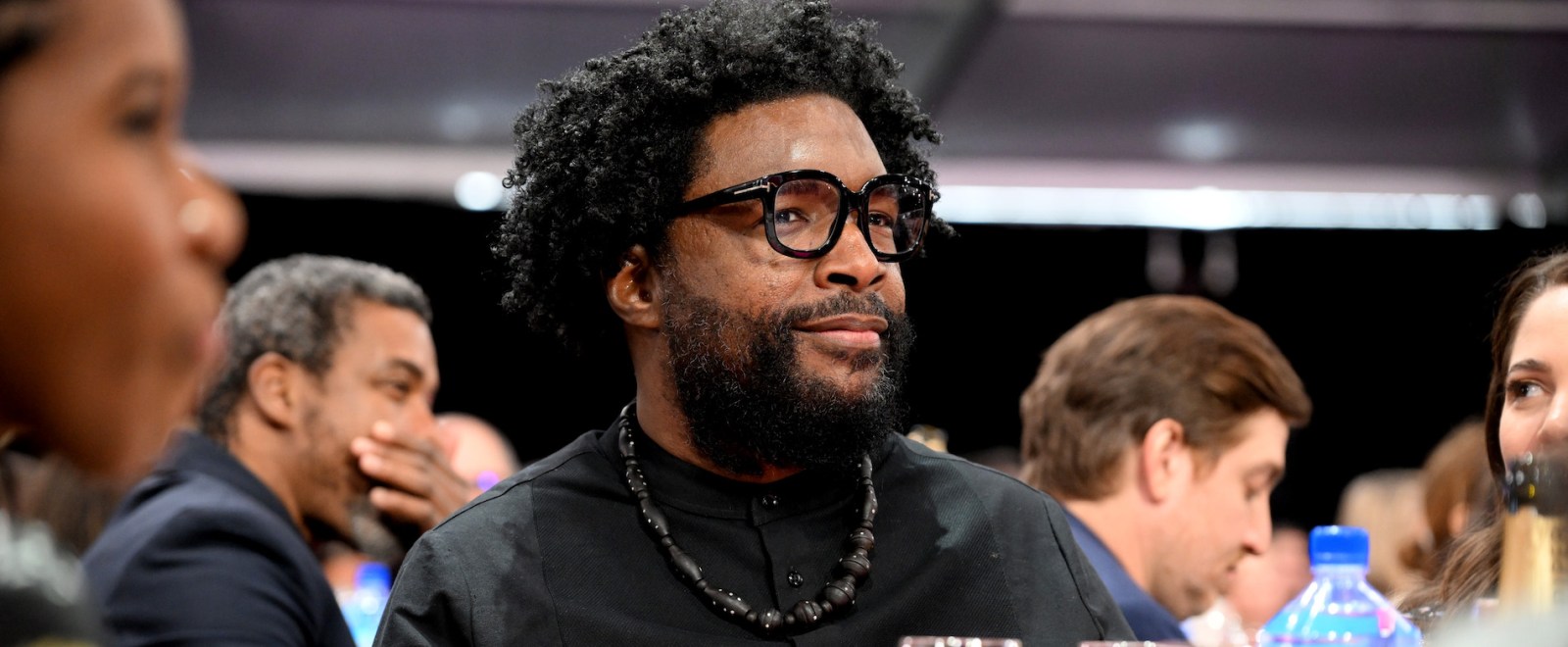



 (@Loveyourztoo)
(@Loveyourztoo) 